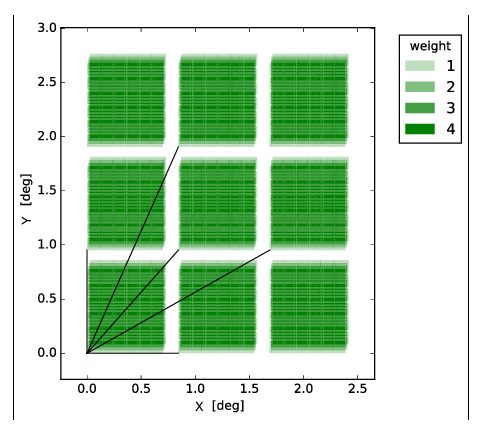Euclid preparation: VI. Verifying the Performance of Cosmic Shear Experiments
| Authors: | Euclid Collaboration, P. Paykari, ..., S. Farrens, M. Kilbinger, V. Pettorino, S. Pires, J.-L. Starck, F. Sureau, et al. |
| Journal: | Astronomy and Astrophysics |
| Year: | 2020 |
| DOI: | 10.1051/0004-6361/201936980 |
| Download: |
Abstract
Our aim is to quantify the impact of systematic effects on the inference of cosmological parameters from cosmic shear. We present an end-to-end approach that introduces sources of bias in a modelled weak lensing survey on a galaxy-by-galaxy level. Residual biases are propagated through a pipeline from galaxy properties (one end) through to cosmic shear power spectra and cosmological parameter estimates (the other end), to quantify how imperfect knowledge of the pipeline changes the maximum likelihood values of dark energy parameters. We quantify the impact of an imperfect correction for charge transfer inefficiency (CTI) and modelling uncertainties of the point spread function (PSF) for Euclid, and find that the biases introduced can be corrected to acceptable levels.


